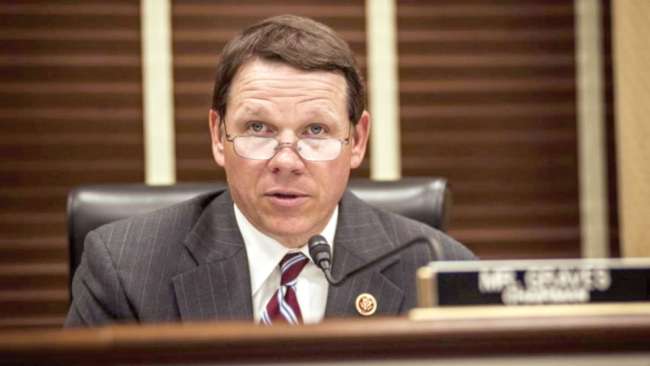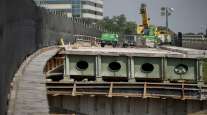Senior Reporter
FHWA Memo Useful Discussion Tool, Expert Says

[Stay on top of transportation news: Get TTNews in your inbox.]
WASHINGTON — Biden administration guidance related to maintenance priorities for infrastructure projects is proving valuable in the debate about the federal role in transportation, expert Susan Binder said Jan. 10.
Addressing stakeholders and industry insiders at the annual conference of the Transportation Research Board, Binder was referring specifically to a Dec. 16, 2021, memo from the Federal Highway Administration.
The agency’s “fix it first” memo, which suggests state agencies repair projects before proceeding with new ones, is deemed guidance by the leadership at the U.S. Department of Transportation. The document, associated with the $1.2 trillion Infrastructure Investment and Jobs Act, is criticized primarily by congressional Republicans.
“I think that this memo was a wake-up call in all the things that are aspirational in this law. How is this going to get done. And who’s going to call the shots in terms of their constituents,” said Binder, a principal with industry consultant Cambridge Systematics. She is a longtime authority on the finer points of federal transportation policy. “This has focused on this question of federal role and partnerships — federalism — like nothing has in the last, at least, 10 years.”

Binder
She continued, “I think it is, and I know I’m sounding like a Pollyanna, but a seriously good conversation about … what is the vision, mission and goal of transportation. And how we execute that in the years coming forward.”
Certain policymakers have interpreted the memo to suggest state agencies prioritize maintenance of projects rather than proceeding with the construction of new projects. A Government Accountability Office’s review of the document, unveiled last month, was celebrated by Republican critics of the memo.
“The FHWA memo goes far beyond mere ‘guidance’ from the administration,” Rep. Sam Graves (R-Mo.) said in December. He is the committee’s new chairman. “Since IIJA was signed into law, the administration has repeatedly doubled down on discouraging states from expanding or building new roads they may need, despite this policy being in direct conflict with what Congress intended.”
The administration has repeatedly doubled down on discouraging states from expanding or building new roads they may need.
Rep. Sam Graves (R-Mo.), House Transportation and Infrastructure chair
Graves added, “While I hope the administration will rescind the flawed approach, I am prepared to work with my Senate colleagues to utilize the [Congressional Review Act] if necessary to overturn this rule.” House Republicans have pledged to pursue in-depth oversight of the Biden administration via congressional procedures.
Senate Republicans have echoed Graves’ viewpoint. “The GAO confirmed what we have been pointing out for the past year: In its December 2021 memo, the Federal Highway Administration went beyond simply restating existing legal requirements for states — it expressed a policy preference and took steps to implement that preference,” Sen. Shelley Moore Capito (R-W.Va.) said last month. Capito is the top Republican on the Senate Environment and Public Works committee on highways.

Carper
EPW Chairman Tom Carper (D-Del.), however, said he will stand by the memo’s role associated with the IIJA’s implementation process. As he recently put it, “Congress should not be in the business of disapproving internal policy documents from any administration, Democratic or Republican, through the use of the Congressional Review Act.”
“I will oppose any efforts to do so in this case as it would interfere with our ability to rebuild our nation’s roads, highways and bridges,” Carper continued.
Per the memo’s “conclusions” section, authored by FHWA Deputy Administrator Stephanie Pollack, “Working together, we can make investments and deliver projects that upgrade the condition of streets, highways, and bridges and make them safe for all users, while at the same time modernizing them so that the transportation network is accessible for all users, provides people with better choices across all modes, is more sustainable and resilient to a changing climate, and is more equitable.”
Want more news? Listen to today's daily briefing below or go here for more info:




